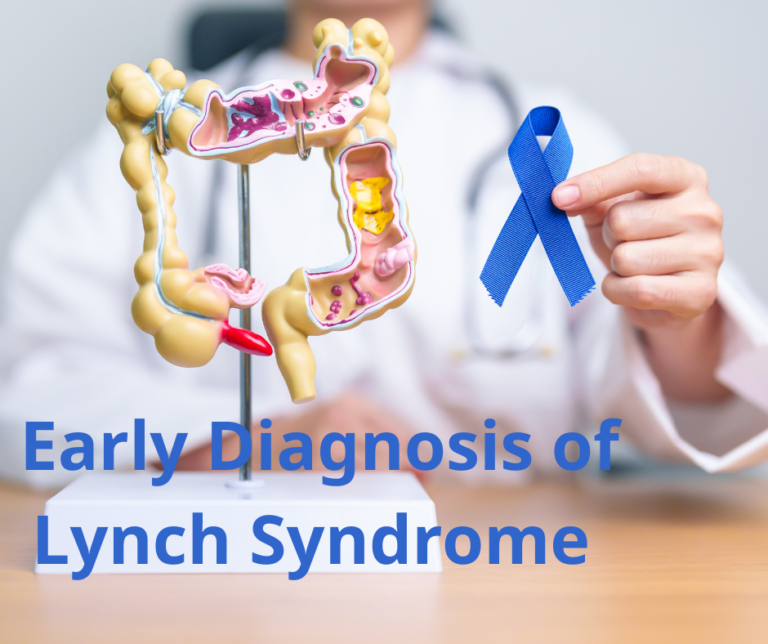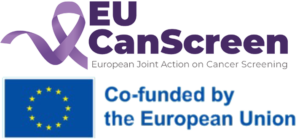Early Diagnosis of Lynch Syndrome and Associated Cancer Risk

The European Commission has officially launched the PREDI-LYNCH project, a six-year initiative aiming to transform cancer surveillance in individuals with Lynch syndrome (LS). Led by Dr. Mev Dominguez-Valentin at the Institute for Cancer Research (Oslo University Hospital), the project seeks to validate innovative, non-invasive liquid biopsy-based screening methods for early detection of colorectal, endometrial, and urothelial cancers in LS carriers.
Focus and Objectives
PREDI-LYNCH addresses a critical medical gap by evaluating novel screening solutions using liquid biopsies, powered by artificial intelligence and a multi-omics approach. The project’s goal is to improve early diagnosis and patient outcomes, enabling personalized surveillance with reduced invasiveness.
The project will also evaluate ethical, legal, and socio-economic considerations to ensure that the tools developed are implementable across various healthcare systems and acceptable to patients.
Why Lynch Syndrome?
Lynch syndrome is the most common hereditary cancer predisposition syndrome, affecting 1 in 440 individuals in Europe. However, only 5% of LS carriers are currently under regular cancer surveillance. Despite preventive efforts, up to 60% still develop colorectal cancer and 80% develop at least one cancer. Current surveillance options are either limited or invasive. PREDI-LYNCH aims to provide safe, effective, and accessible alternatives for early detection.
Consortium Leadership and Vision
Dr. Mev Dominguez-Valentin emphasized:
“This project offers a unique opportunity to improve early detection for Lynch syndrome patients. We aim to develop scalable tests and a dedicated biobank, helping to shape precision screening practices across Europe.”
Key partners from academic, biotech, and patient communities—including the University of Oslo, Oslo Cancer Cluster, and Elypta—support the initiative, bringing together research excellence and industry innovation.
🔗 read more https://www.ous-research.no/home/ous/news/26143
#EuCanScreen #CancerScreening #CervicalCancer #IARC
🔗 Please don’t forget to Subscribe to EuCanScreen Newsletter! 💪
Subscribe to our newsletter to get news and updates.
Subscribe to our newsletter to get news and updates.

The general objective of EUCanScreen is to assure sustainable implementation of high-quality screening for breast, cervical and colorectal cancers, as well as implementation of the recently recommended screening programs – for lung, prostate and gastric cancers. EUCanScreen will facilitate the reduction of cancer burden and achieving equity across the EU.
This project has received funding from the European Union’s EU4HEALTH Programme under the Grant Agreement no 101162959










